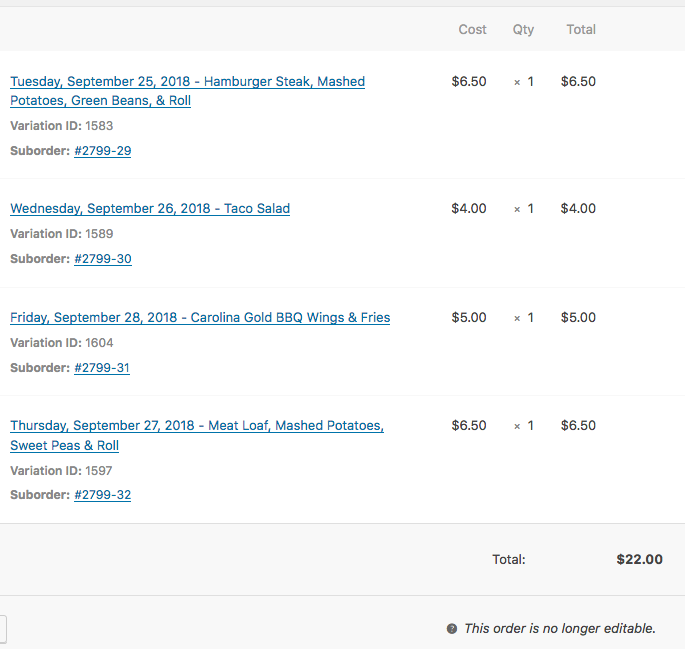

It suggests that you didn’t care to confirm who your recipient is or whether your message pertains to them.
STARTERS ORDERS 6 SPREADSHEET PROFESSIONAL
Salutations to avoid 1 To whom it may concernĪlthough “To whom it may concern” seems like a professional salutation, it’s impersonal and overused. If your goal is to come across as genuine and thoughtful, then it’s best to avoid these phrases. The salutations and opening sentences below carry a stiff tone and, in some cases, suggest a careless approach. If the email you’re writing is in response to an email or action by the recipient, acknowledging that at the start builds on workplace camaraderie. Įxpressing gratitude is another way to put the reader first. Stating your intent also avoids miscommunication or confusion about what you need from the reader. With hundreds of email correspondences transmitted in a single business day, this approach shows you’re being conscientious about the recipient’s time by getting straight to the point. 5 I’m reaching out about . . .īeginning an email with “I’m reaching out about . . . ” is polite and direct and clarifies the purpose of the email. These are effective email opening sentences because they acknowledge your reader first and help build rapport with a colleague you already know or with whom you want to develop a friendly working relationship. Engaging email opening sentences 4 I hope your week is going well or I hope you had a nice weekend They also avoid gender-specific addresses to a group, like “Hi guys,” “Hi ladies,” or “Gentlemen,” which might not accurately describe the recipients. “Hi everyone,” “Hi team,” or “Hi team” are informal yet professional ways to greet a group of people. When writing an email message to two or more people, you have a few options. If a slightly more formal tone is preferred, consider the salutation “Hello.”Īlthough this is considered an informal greeting, it also conveys a straightforward and friendly tone. Instead, use “Dear Sam” or “Dear Sam Barney.” 2 Hi or HelloĪs far as email greetings go, an informal “Hi” followed by a comma is perfectly acceptable in most work-related messages.

It’s typically used in cover letters, official business letters, and other communication when you want to convey respect for the recipient.Īlthough honorifics like “Mr.” and “Mrs.” were once accepted, they risk misgendering or erroneously assuming the reader’s marital status. This email greeting is an appropriate salutation for formal email correspondence. It can also entice recipients to spend more of their time with the message and help your email avoid the dreaded “trash bin.” 6 strong ways to start an emailīelow is a list of email greetings and opening sentences that keep recipients, and their time, top of mind. A thoughtful email opening sentence is useful when asking recipients to:Ī compelling opener sets the tone for the message. Ideally, a captivating introduction ultimately leads readers to take action. The best emails have an engaging greeting and opening sentence that secures the recipient’s interest and buy-in. Write with Grammarly Why engaging email introductions are importantĪ strong email introduction encourages your reader to continue scanning the body of your message.


 0 kommentar(er)
0 kommentar(er)
